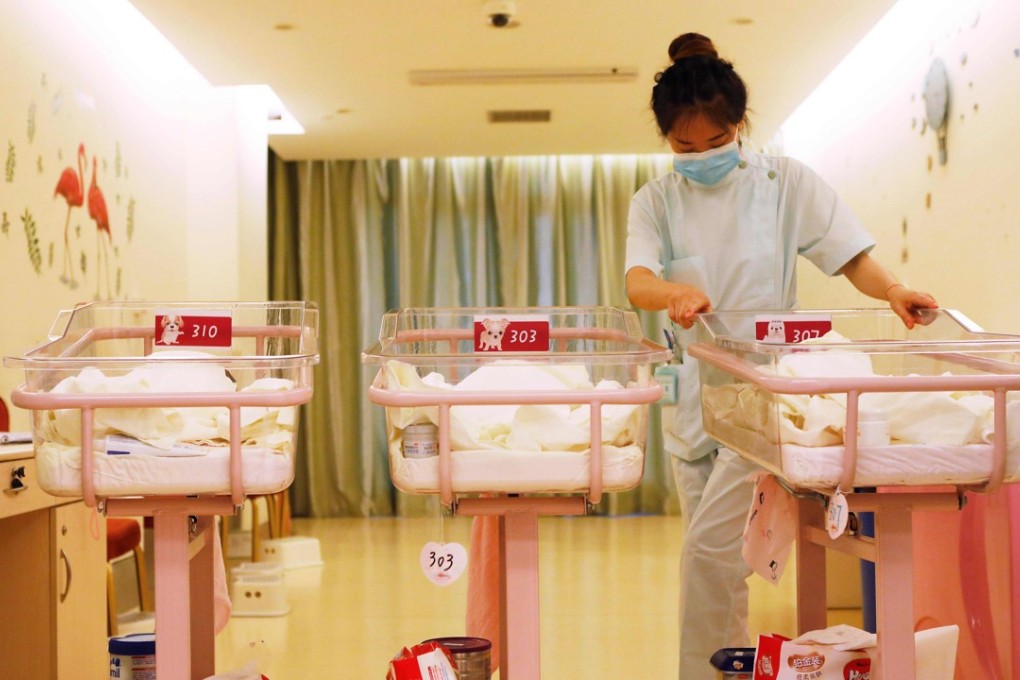China to scrap population targets, health official says
- Policy change flagged as government continues to ease up on birth restrictions

China will not set a population target in the future and will give people more freedom around childbirth, a health official said, in the next step of a gradual loosening of decades of tight population-control policies.
A senior official overseeing birth policy explained the changes last week to a United Nations conference held in Beijing, Chinese news outlet Caixin reported on Tuesday, without elaborating.
Wei Yunpeng, deputy director of the Population Monitoring and Family Development Division of the National Health Commission, was speaking at a conference hosted by his administration and the United Nations Population Fund.
Wei’s comments are the latest sign that the government is moving to end decades of restrictive birth-control policies, fuelling speculation that China might announce removing birth limits at an upcoming meeting of the Communist Party Central Committee. Parliament removed “family planning” policies from the latest draft of a revised civil code scheduled for adoption in 2020, another signal that the policy is being eliminated.
“It’s not strange that an official would say this because fully liberalising fertility is the direction of birth policy reform,” said He Yafu, an independent demographer based in Guangdong and long-time advocate for policy changes. “In the future, China will not only remove birth limits, but will encourage childbirth.”
The government abandoned the decades-old one-child policy in 2016 and moved to a two-child policy. Bloomberg reported in May that the country was planning to scrap birth limits altogether as soon as this year. It would be a landmark end to a much criticised policy – one of history’s biggest social experiments – that slowed China’s rapid population growth but left the country with a worker shortage and an ageing population with 30 million fewer women than men.